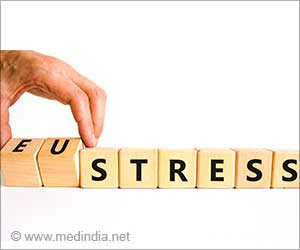
‘Mental health in India has been a concern, much before the pandemic. Due to societal pressures and social stigma revolving around it, the condition has not received much attention.’
Tweet it Now
"Do not bottle-up your concerns and emotions. Share your feelings with family and friends and if it doesn't help seek professional help at the earliest," Rastogi added. In 2017, President Ram Nath Kovind asserted that India was "facing a possible mental health epidemic".
A study, published in the science journal Lancet in the same year, revealed that 14 per cent of India's population suffered from mental health ailments, including 45.7 million suffering from depressive disorders and 49 million from anxiety disorders.
The Covid-19 pandemic has further accentuated this mental health crisis.
A recent LinkedIn report showed that more than one in two Indian professionals are currently feeling stressed at work as well-being measures have become a luxury for many in the last 18 months, adversely affecting mental health of working professionals in the country.
Advertisement
"The social isolation due to lock down, social distancing norms and mandatory wearing of masks and fear of death and experiencing near and dear ones dying has increased stress and fear. This in turn increased various anxiety disorders and depressive symptoms," she added.
Advertisement
The recent, 'The States of the World's Children 2021' Unicef report shows that 1 in 7 of 15 to 24-year-olds in India, often feel depressed.
Senior citizens have also seen their mental health deteriorate significantly due to loneliness and social isolation. Even the frontline workers who are tirelessly working under stressful conditions without any break facing an impact on their own mental health.
"The best way to cope with the stress is to start socialising, take psychotherapy/ counselling sessions, invest time in hobbies or creativity. Meditation and yoga can also relieve stress. Regular exercise, sleep and a balanced diet helps in stabilising mood," Anand said.
According to Dr Priyanka Srivastava, Consultant, Department of Behavioural Sciences, Jaypee Hospital (Noida), it is important to "raise awareness about mental health issues, educate people who are exposed to trauma about the effects of cumulative stress".
It is also important to not follow fake news on the social media channels about Covid-19, while taking a healthy diet and doing physical activity based on your health risks and connecting with the loved ones and sharing your concerns, she told IANS.
Source-IANS















